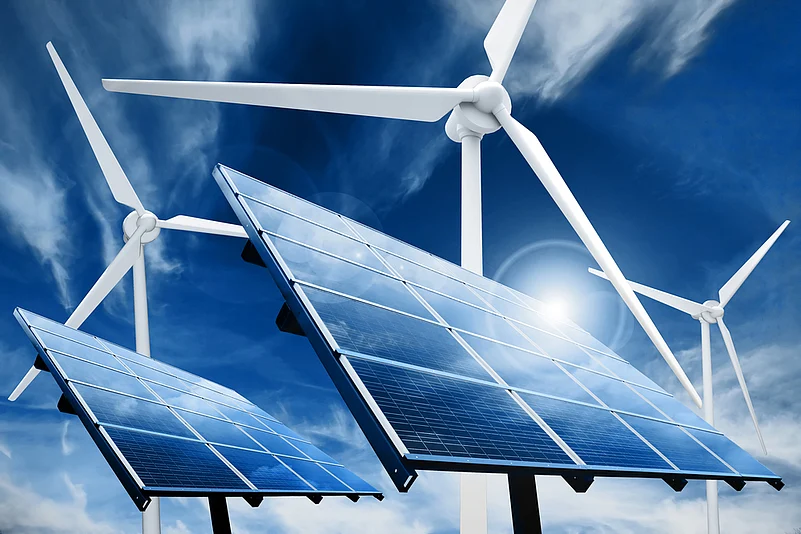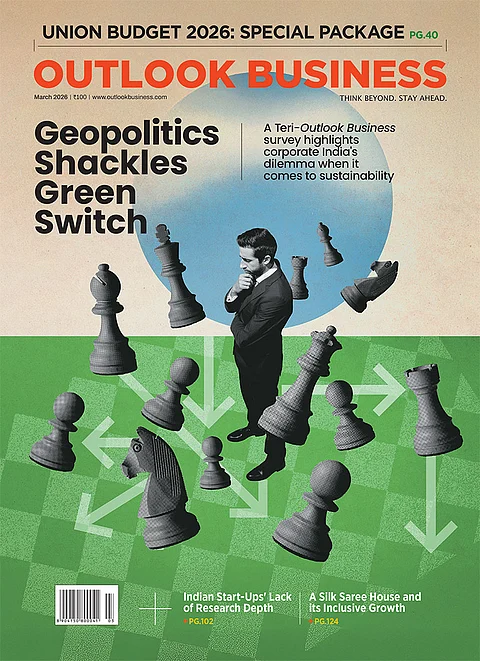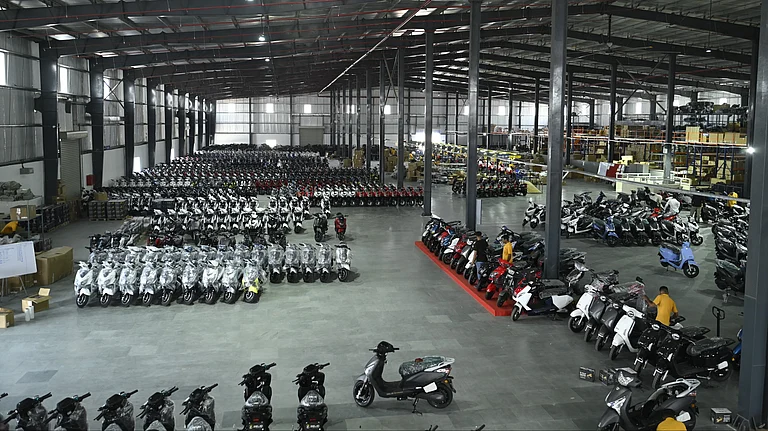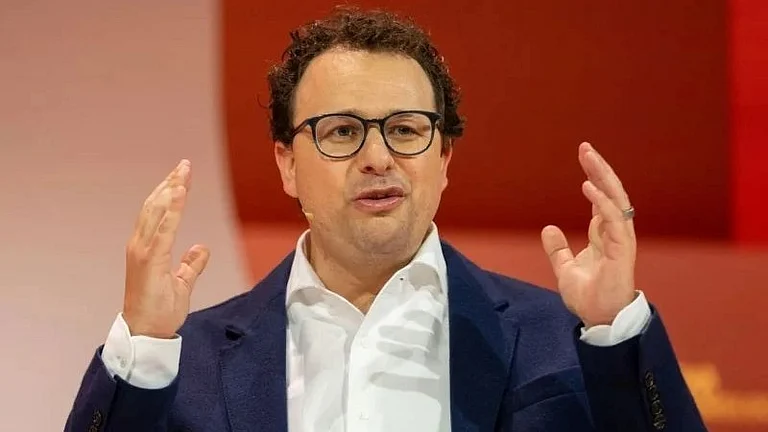Renewable energy has received a total investment of USD 70 billion (about Rs 5.2 lakh crore) in the last seven years across the country, according to Power Minister R K Singh. Given India's ambitious aim of 175 gigawatts (GW) of renewable energy by 2022, this is significant. Yesterday evening, Singh spoke at an event organised by the Ministry of New and Renewable Energy on 'Accelerating Citizen Centric Energy Transition' (MNRE). It was organised in partnership with India's Permanent Mission to the United Nations (PMI) and the Council on Energy, Environment, and Water (CEEW).
The virtual event was held on the fringes of the Ministerial Thematic Forums week (June 21-25) in preparation for the United Nations High Level Dialogue on Energy, which will take place on September 20. One of the five themes during the discussion was Energy Transition, and India was named a Global Champion for it.
According to Singh, "Over USD 70 billion has been invested in renewable energy in India over the last seven years. For renewables, India has a generous foreign investment policy, enabling 100 percent FDI through the automatic method."
He also stated that the government's top goal is to ensure 'ease of doing business.' "Maintaining the sanctity of contracts and safeguarding investments is our constant focus."
In addition, the minister discussed the creation of specialised project development cells (PDC) and foreign direct investment (FDI) cells in all ministries to assist and facilitate domestic and foreign investors. Singh said that enough precautions and safeguards have been implemented to address the concerns of companies and investors stemming from the Covid-19 epidemic.
He unveiled a booklet titled "The India Story," which includes a collection of Indian efforts that are influencing the country's energy transformation. The 'India Story' booklet, according to the minister, encapsulates the spirit of some of the key projects that have expedited the energy transformation.
"These will continue to support our ambitious renewable energy programmes, with the eventual objective of ensuring everyone has access to cheap, dependable, sustainable, and contemporary electricity," he said.
He also launched a platform (www.energytransition.in) that would serve as a global repository for energy transition-related knowledge materials. A Renewable Energy Investment Promotion and Facilitation Board (REIPFB) portal has also been established, according to Singh, to give one-stop help and facilitation to industry and investors for project development and new investment in India's renewable energy sector. He praised the Indian industry's dedication to the country's energy transformation objectives.
Several industry participants have voluntarily announced RE objectives and committed to the CDP, renewable 100%, and science-based targets (SBTs). For the September Dialogue, several of them are also developing significant energy compacts.
JK Cement, UltraTech, Toyota, and NTPC have all previously filed their energy compacts, he said. Singh stated that regulations for a "green tariff" policy are being drafted as part of the measures that would pave the way for India's future energy transformation.
The policy will assist electricity distribution firms (discoms) in providing power generated from renewable energy projects at a lower cost than other sources. Furthermore, the government is encouraging Green Hydrogen by imposing requirements on the fertiliser and refining sectors (Green Hydrogen Purchase obligations). The minister also discussed recent efforts in the renewable energy industry, including viability gap finance alternatives for offshore wind generation, as well as the introduction of the green term ahead and green day ahead markets.
To encourage non-conventional energy resources, rules for enabling RE through open access and RE purchase through exchanges will be announced. According to Singh, India's installed renewable energy capacity has risen by more than two-and-a-half times in the last six years, reaching more than 141 gigawatts (including big hydro), or nearly 37 per cent of the country's total capacity (as on June 16, 2021).
During the same time span, solar energy capacity installed has risen by nearly 15 times, to 41.09 GW. India has the world's fourth-largest renewable energy capacity. Since 2017, India's yearly renewable energy addition has surpassed that of coal-based thermal power.































